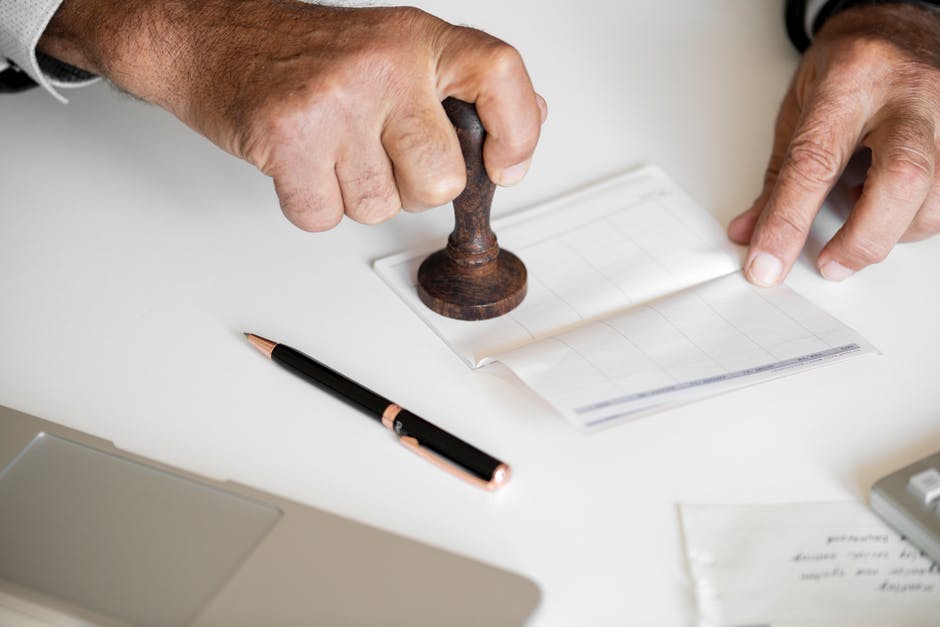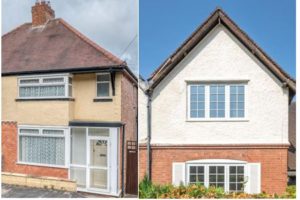Who Pays Stamp Duty When You Sell A Property?
Stamp duty is a tax on the sale of a property in order to cover the cost of processing the necessary documents during a sale. But who pays stamp duty when you sell a property?
When Do You Pay Stamp Duty?
There are a standard set of rules within the UK determining when, where and how much stamp duty should be paid during a transition of property ownership. The individual who pays Stamp Duty is always the buyer – even if the seller is looking for a fast house sale – the value of which can change depending on the circumstances.
Once you have purchased a property, you have 30 days from the date of completion to have this payment processed. More often than not, if you are using the services of a solicitor they will organise the payment themselves, and simply request the money prior to the event as part of their fees – mainly to ensure that they get paid themselves. However, it is ultimately the responsibility of the buyer to ensure that Stamp Duty is paid, so always gain confirmation that the transaction has been processed before the first 30 days are over.
How Much Is Stamp Duty?
The way Stamp Duty is calculated is dependent on a number of factors. The percentage paid is divided into brackets based on the value of the property, but this percentage is increased if you are buying a second home for either renting or personal reasons:
| Value of property: | Main Property | Additional Properties |
| £0 – £125,000 | 0% | 3% |
| 125,000.01 – £250,000 | 2% | 5% |
| £250,000.01 – £925,000 | 5% | 8% |
| £925,000.01 – £1,500,000 | 10% | 13% |
| £1,500,000.01+ | 12% | 15% |
It is important to remember that you do not necessarily pay the bracketed percentage based on the final sold house price, but rather which proportion of the value of your new home lies within that bracket. For example, if you buy a home that costs £150,000 as your primary residence, you will pay 0% stamp duty for the first £125,000, and then 2% (£500) on the final £25,000.
Can You Avoid Stamp Duty?
There are, luckily, certain scenarios that permit a buyer to escape the payment of Stamp Duty. Regardless of personal situation, you will never pay Stamp Duty on a home up to the value of £125,000 if it is going to be your primary residence, and the same is true if you are buying a secondary residence up to a value of £40,000.
Individuals who are first-buyers are also given an incentive to purchase in England or Northern Ireland as they are permitted to buy any home up to the value of £300,000 without paying any Stamp Duty.
Another way that Stamp Duty can be avoided is during a sale negotiations. If the home you are purchasing is valued at slightly over the band separating the percentage brackets, you can always ask the sellers or estate agent for a slight reduction in order to lower the Stamp Duty that needs to be paid.
Does Everyone Pay Stamp Duty?
Not everyone has to pay Stamp Duty – there are a few situations within which an individual can escape the extra tax payment:
- During a divorce, one party can transfer full ownership to the other party without needing to pay Stamp Duty.
- If you transfer ownership of the property to an individual in your will or simply as a gift, then both of you are exempt from Stamp Duty. This does not, however, exempt individuals who are simply trading their homes directly with one another and they would be liable for Stamp Duty payment.
Looking to sell your home in a short-time frame? Why not ask National Homebuyers for advice, as we buy any house. Call 08000 443 911 or request a call back to find out how much you could get for your property.






